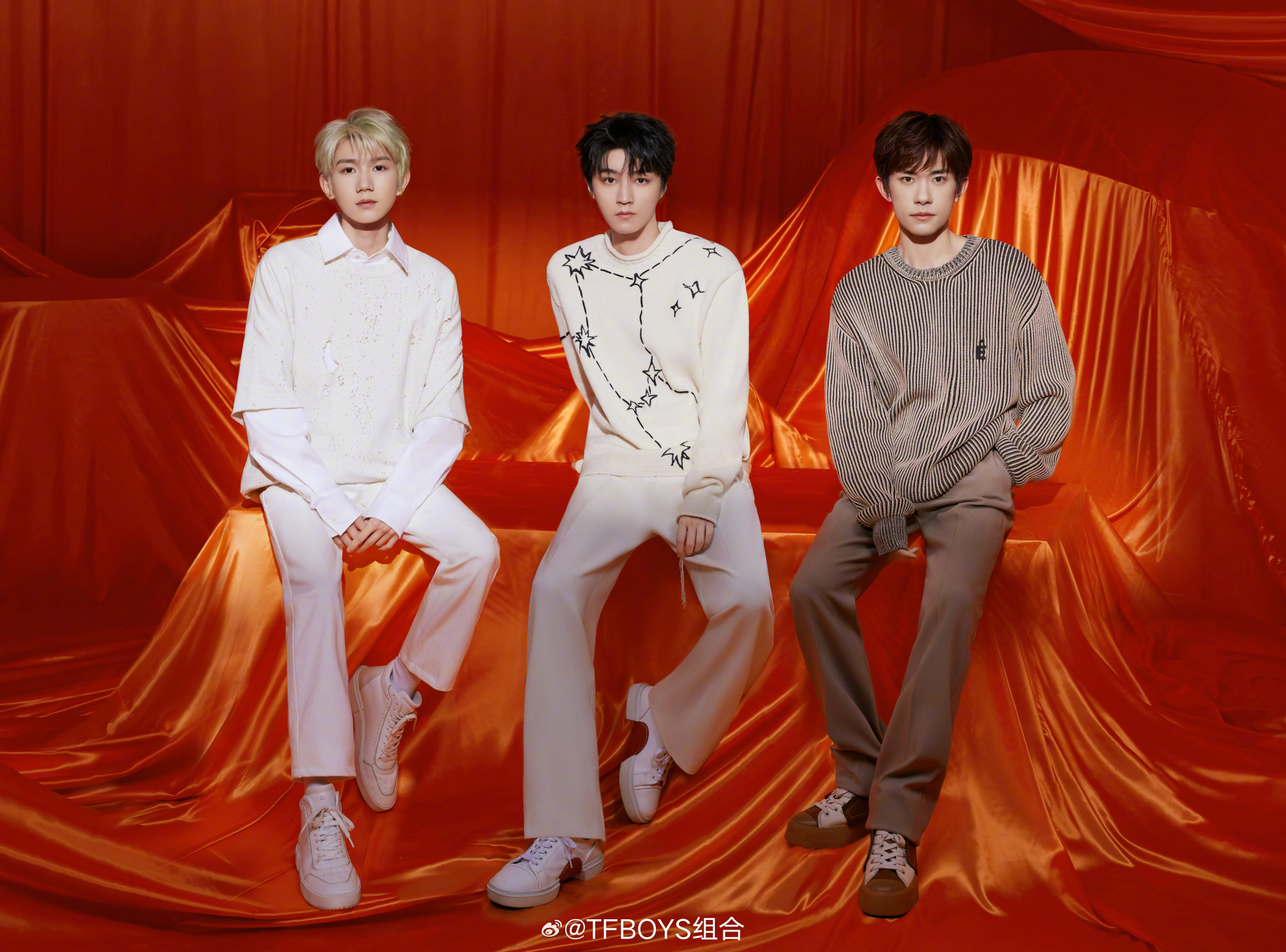In recent years, with the digital transformation of offline businesses, many shopping malls have begun to experiment with live-streaming popular music concerts, sports events, and other content on large screens to attract customers. However, this seemingly "win-win" marketing approach may actually harbor legal risks.
In the summer of 2023, a copyright dispute over the live-streaming of a music concert drew industry attention.

At that time, the top-tier group "TFBOYS" was holding their "Ten-Year Anniversary" concert in Xi'an. Youku Information Technology (Beijing) Co., Ltd., authorized to obtain the rights for new media playback, screening, and the right to enforce these rights in its own name, was involved.
A shopping mall in Changsha, aiming to gather crowds, set up large screens in the outdoor plaza and inside the mall to live-stream the concert, attracting thousands of viewers.
This action quickly caught the attention of the rights holder.
Youku, as the exclusive new media licensee for the concert, argued that the mall had publicly broadcast the concert content without permission, severely infringing on its copyright. Consequently, Youku sued the mall's operator, a certain commercial management company in Changsha, in the Tianxin District Court of Changsha, demanding that the defendant cease infringement and compensate for economic losses and reasonable enforcement expenses totaling 989,500 yuan.
The defendant, facing the accusation, claimed that the live-streaming event was purely for public welfare, with no fees charged or profits made. Even if it was considered an infringement, the compensation amount should be significantly reduced.
However, after reviewing the case, the court determined that the concert live-stream, with its professional camera work, editing, and special effects, had sufficient originality to be recognized as an "audiovisual work" protected by the Copyright Law.
The defendant, without authorization from the rights holder, had publicly broadcast the concert content and remotely disseminated the work to the public, thus infringing on Youku's broadcasting rights.
The court therefore ruled that the defendant company compensate Youku for economic losses and reasonable enforcement costs totaling 100,000 yuan.
Dissatisfied with the judgment, the defendant company appealed to the Changsha Intermediate People's Court. After reviewing the case, the appellate court found that the facts were clear and the original judgment was appropriate, and thus dismissed the appeal, upholding the original verdict.
In traditional understanding, "non-profit" is often mistakenly considered a defense against infringement. However, this case innovatively pointed out that the mall's use of live-streaming to attract customers and boost consumption through indirect commercial means constitutes "public dissemination" under the Copyright Law.
The "market substitution rate" calculation method ultimately adopted by the court provides a quantifiable approach for determining compensation standards in similar cases. The typical significance of this case lies in clarifying the copyright nature of concert live-streaming and offering important judicial guidance for the healthy development of the music and cultural creative industries.

